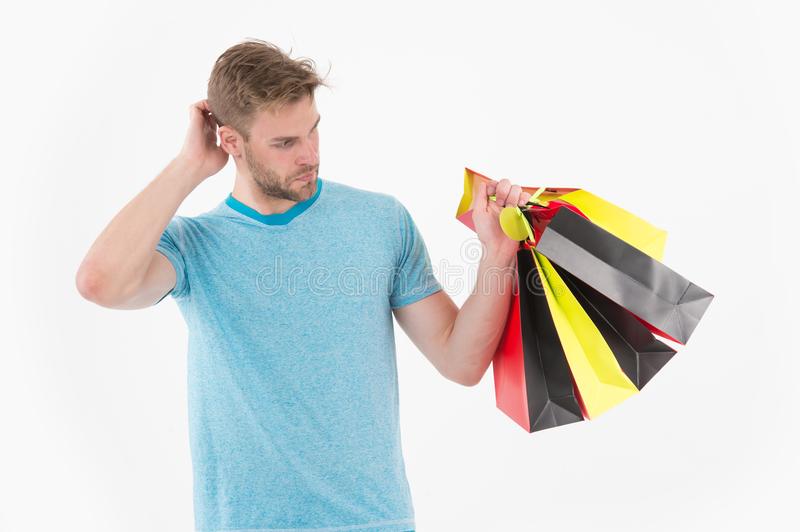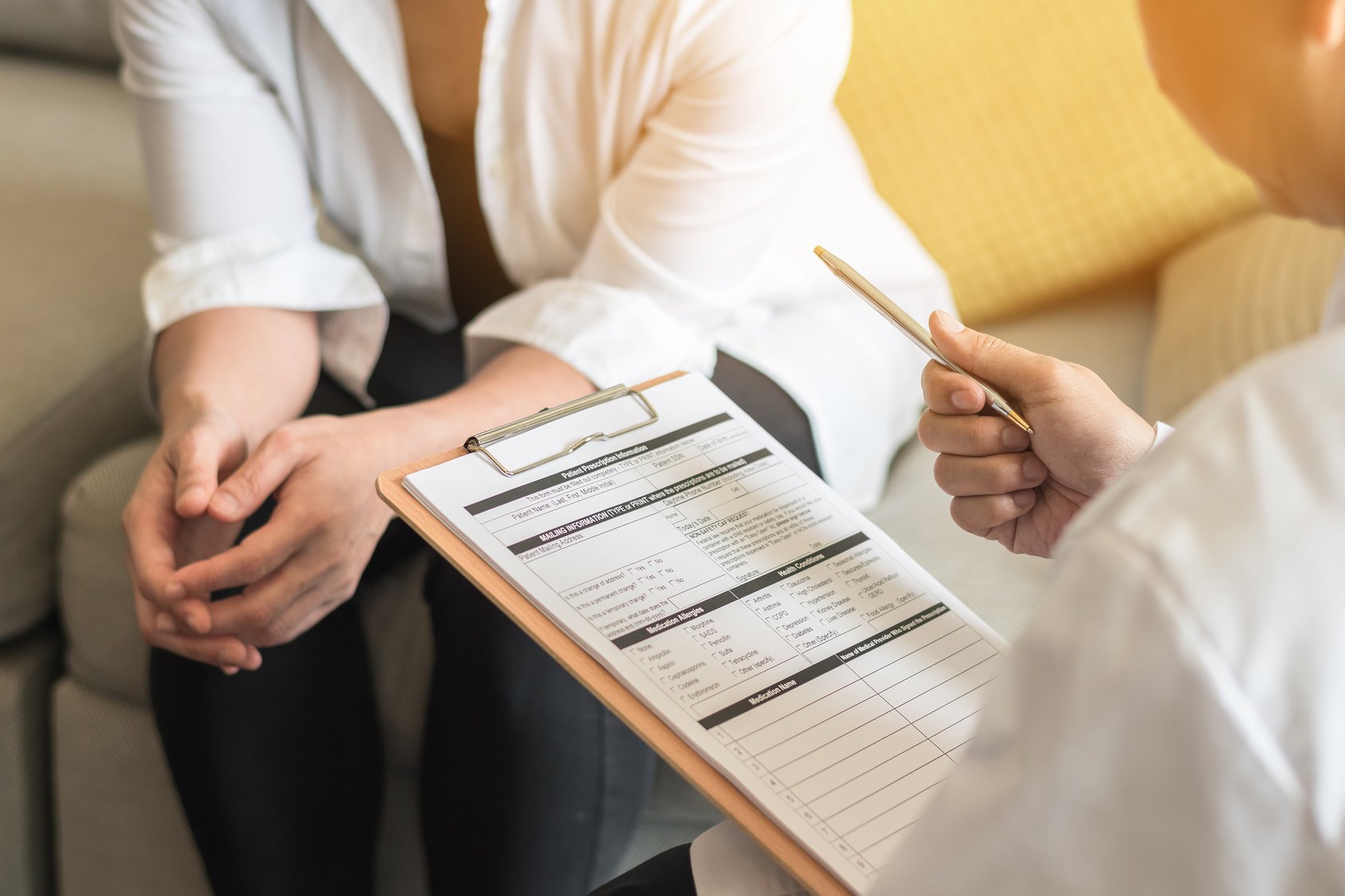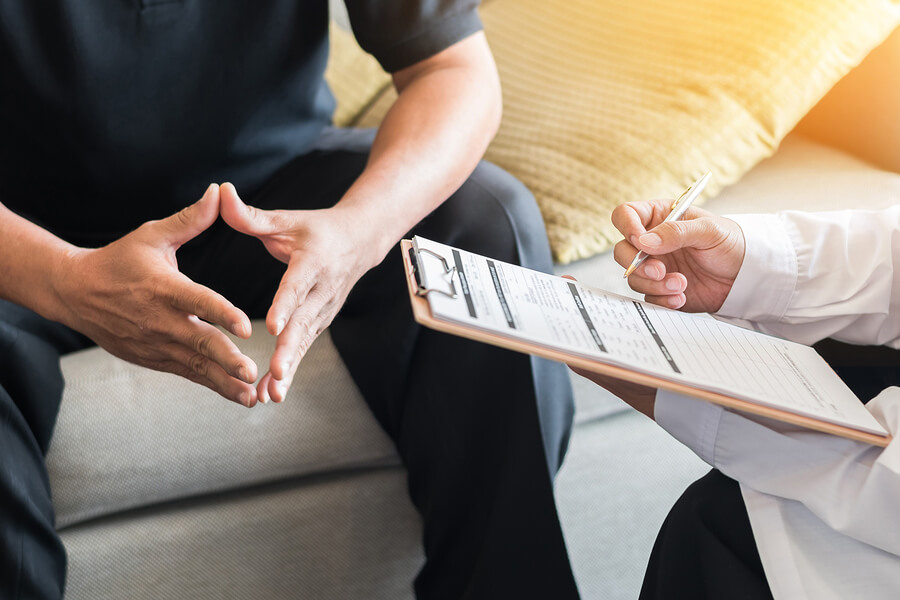
It’s one thing to surrender to the occasional impulse buy a watch gleaming from behind the display case, or a pair of black shoes that will add the perfect dash of sophistication to your favorite business suit. But when your purchases shift from impulsive to compulsive, it’s the first sign that you might be grappling with a more serious condition: a shopping addiction.
Researchers estimate that up to 6 percent of Americans are so-called “shopaholics”. And with retailers ramping up their promotions on television and even more intensely online, this number is constantly on the rise over the last five years. In our society, the phrase “shop till you drop” translates as frivolous and fun, but when spending presents a real problem, the glamor fades rapidly.
Professional counselors and therapists are seeing it all-too-often and call it “Compulsive Buying Disorder”, which is characterized as an impulse-control issue, just like gambling or binge eating, and has the potential to create a whirlwind of emotional and financial distress.
Are you or a loved one a shopaholic and addicted to spending?
The following seven signs represent a potential shopping addiction problem. Of course, there are more signs to watch out for but if a few from the list below stands out, we highly encourage people to contact a professional therapist.
1. You have many unopened or tagged items in your closet.
We’re not talking about the sweater your aunt gave you last holiday season, but about items you selected on your own that sit unopened or with their tags still attached. You likely even forgot about some of these possessions. These may include boxes of shoes lining the bottom of your closet or jackets that have never seen the light of day. Any unopened item, or stacks of products stowed away in closets or around your house represent a potential problem.
2. You often purchase things you don’t need or didn’t plan to buy.
You’re easily tempted by items that you can do without. A fifth candle for your bedroom dresser, a new iPod case, even though yours is fine. You get the idea. You’re particularly vulnerable if you’ve admitted to having an “obsession,” like shoes or designer handbags. Just because your splurges tend to stick to one category doesn’t make them any more rational.
3. An argument or frustration sparks an urge to shop.
Compulsive shopping is an attempt to fill an emotional void, like loneliness, lack of control, or lack of self-confidence. Shopaholics also tend to suffer from mood disorders, eating disorders, or substance abuse problems. So, if you tend to binge on comfort food after a bad day, professional therapists will probably suggest that you may be more likely to indulge in a shopping spree too.
4. You experience a rush of excitement when you buy.
Shopaholics experience a “high” or an adrenaline rush, not from owning something, but from the act of purchasing it. Therapists say dopamine, a brain chemical associated with pleasure, is often released in waves as shoppers see a desirable item and consider buying it. This burst of excitement can become addictive. This action is repeated in order to induce the adrenaline, over and over again.
5. Purchases are followed by feelings of remorse.
This guilt doesn’t have to be limited to big purchases, either; compulsive shoppers are just as often attracted to deals and bargain hunting. Despite any remorse that follows, though, shopaholics are adept at rationalizing just about any purchase if challenged.
6. You try to conceal your shopping habits.
If you’re hiding shopping bags in your daughter’s or son’s closet or constantly looking over your shoulder for passing co-workers as you shop online, this is a possible sign that you’re spending money at the expense of your family, your loved ones, or even your job.
7. You feel anxious on the days you don’t shop.
It’s one thing to feel anxious if you haven’t had your morning cup of coffee, but if you’re feeling on edge because you haven’t swiped your debit card all day, you should be concerned. Shopaholics have reported feeling “out of sorts” if they haven’t had their shopping fix, and will typically admit to their therapists that they go shopping online if not able to physically pull away from their day’s responsibilities.
If the characteristics above sound a lot like you or someone you know, consider speaking to a professional prior to a shopping addiction getting even more severe. And if you’re on the fence about whether you really have a problem, trying to figure out on your own why you’re always shopping and how you can change could be a big relief – for both your well-being and your budget, definitely consider contacting a licensed therapist immediately.
Some recommendations to help you kick a shopping habit in conjunction with professional therapy may be:
Find a new activity.
Jogging, exercising, listening to music, and possibly watching more TV to entice your brain with different stimulation. Any of these activities could potentially substitute for shopping and would be a much lighter burden on your wallet.
Identifying triggers.
Take note of what’s likely to send you off to the nearest department store; whether it’s an argument with your significant other or frustration after a business meeting. When these feelings overcome you, resist shopping at all costs and find a healthier way to work it out.
Remove temptation.
It’s no secret that you shouldn’t walk through your favorite boutique if you’re trying to curb your spending. Try to limit your shopping trips and go only when absolutely necessary. If online shopping is your weakness, resist the urge to surf your favorite stores’ sites and even consider keeping your laptop out of reach.
Carry only enough cash to buy what you went for.
Leave your debit and credit cards at home. Create a shopping list with estimated costs, and stick to it when you’re at the store.
Ask for help.
If you’re still struggling with compulsive spending, don’t be afraid to ask a professional therapist for help. You can start with self-help books or by asking a friend or family member to help keep you in check, but it is always most cost-effective and wiser to enlist professional help. A therapist can help you nip this problem in the bud, efficiently and with positive decision-making techniques.
If you or a loved-one are experiencing patterns of a shopping-related addiction, please contact our highly experienced team of professionals today, at Foundations Counseling.






